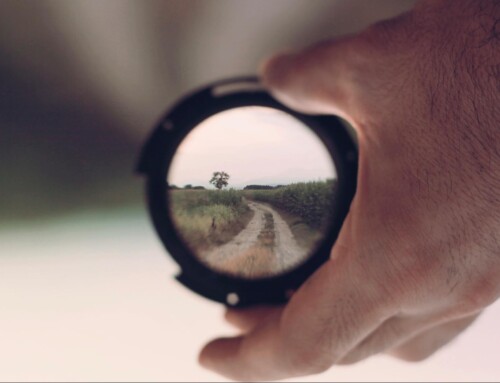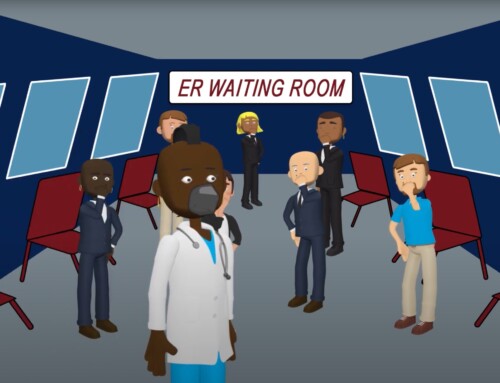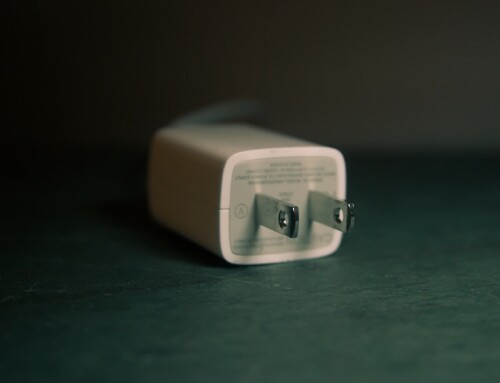There are so many interesting and inspiring EM faculty and none more so than in our own department at San Francisco General Hospital. Dr. Renee Hsia is a rising superstar in our department who has received numerous fancy awards and grants including the prestigious Robert Wood Johnson Faculty Scholar award. She makes me feel small, insignificant, and uncultured. For instance, I thought Eritrea was a rash. Anyway, read below to see what I mean. Good thing I can at least beat her in foosball.
Grad school: London School of Economics & School of Hygiene and Tropical Med
Residency: Stanford-Kaiser
What is your academic niche and how did you decide upon it?
I am absolutely passionate about the clinical practice of EM and, without a doubt, being in the emergency department forms not only the basis of my work, but also provides the impetus behind my research. Beyond the clinical practice, I spend a lot of time thinking about the development of health systems and its impact on populations, both domestically and globally. I can pinpoint when this broader perspective came alive to me to a brief period of my life when I lived in South Africa for six months. As a “colored” in that society, I realized on a very personal level that systems matter, and that almost all of the disparities I saw — and experienced — stemmed from policies that were intentionally and systematically designed to not only create, but also maintain, these injustices.
 After that, I spent small bits of my life in different parts of the world between and after medical school, mainly in sub-Saharan Africa, from Rwanda to Senegal to Eritrea. After some pretty wild experiences (spanning the spectrum of becoming delirious with malarial fevers to ducking gunfire from the Congo), I decided to commit to developing my interests in health policy and finance at the London School of Economics and the London School of Hygiene and Tropical Medicine.
After that, I spent small bits of my life in different parts of the world between and after medical school, mainly in sub-Saharan Africa, from Rwanda to Senegal to Eritrea. After some pretty wild experiences (spanning the spectrum of becoming delirious with malarial fevers to ducking gunfire from the Congo), I decided to commit to developing my interests in health policy and finance at the London School of Economics and the London School of Hygiene and Tropical Medicine.
Since then, I’ve spent my energy in better understanding the health care systems and impacts of policies on underserved populations in domestic and international contexts. Some people wonder if doing domestic and global health work is contradictory, but I find that they mutually enrich my understanding of the other. Especially at San Francisco General, which is the county hospital for SF and where the majority of homeless patients receive their care, I find striking parallels in the barriers that patients who have few resources make, whether it be in the U.S. or in Africa. Examples range from patients who must decide whether to forgo medicine for food, where they should seek care, and how the context influences their behavior.
So who were your mentors?
Tough question; I think “mentorship” can range from those who, in the traditional sense of the word, teach you more in a certain discipline, to those who, on a broader scale, inspire you to be who you were to created to be. I’ve had incredible teachers who have been incredible mentors in both meanings of the word. But I’ve also been blessed to be challenged by people I wouldn’t necessarily think could or would lead me to think more deeply about my place in life. Many of the larger lessons I’ve been learning along the way have been taught to me by children.
For example, I remember once on a mission to Haiti, I was in a Jeep that was carrying bags of rice to remote and impoverished areas, and as soon as we drove up to the village, the Jeep was almost turned over by totally famished children who were overjoyed at the sight of the next food provision. There was one child who held back from the crowd and came up to me, rather than the bags of food, and noticed at the band-aid on my finger (covering a papercut) and asked, “Ca te fait mal?” (“Does that hurt you?”). The fact that he could, despite his own needs, actually care about mine, absolutely blew me away. I still am hoping to become more like him.
What are you currently working on?
A million things, but I’ll name a few!
One of my projects is looking at whether emergency services are less available to underserved populations – meaning, those who are poor, have no insurance, or are minority. Since health care in this country is largely driven by market forces, there are inevitable effects of this choice on certain populations. Practically, for example, many ED physicians and health care administrators would say that areas with high proportions of the uninsured will have fewer emergency services since hospitals in these areas can’t afford to keep these services open. And while anecdotally we think this is true, there’s been relatively little research to actually provide evidence for this. I’m working on a few projects that show that this is indeed happening in emergency departments and trauma centers.
 In global health, there are a few projects in which I’m involved to shed more light on the need for emergency and surgical services abroad. While these have traditionally been thought of as “high-cost” interventions, there are actually many emergency and surgical conditions that are amenable to low-cost, curative care. How can we define these needs? How can we determine which interventions are cost-effective? How can we address these problems with practical solutions alongside governments who want to provide these services? There are a few collaborations through the Global Health Sciences at UCSF that I’ve been developing, specifically in Uganda and Niger, and perhaps Rwanda in the near future.
In global health, there are a few projects in which I’m involved to shed more light on the need for emergency and surgical services abroad. While these have traditionally been thought of as “high-cost” interventions, there are actually many emergency and surgical conditions that are amenable to low-cost, curative care. How can we define these needs? How can we determine which interventions are cost-effective? How can we address these problems with practical solutions alongside governments who want to provide these services? There are a few collaborations through the Global Health Sciences at UCSF that I’ve been developing, specifically in Uganda and Niger, and perhaps Rwanda in the near future.
I think the underlying question behind my work, both on a clinical level and a research level, would be, “How do we treat people with dignity?” This can come in the form of treating patients in the ED with respect and caring for their needs as best as we can, as well as providing on a systems-level the resources they need to have physical health to be who, as I said earlier, they were created to be.
Wow. A perfect example that clearly one person CAN make a difference.





